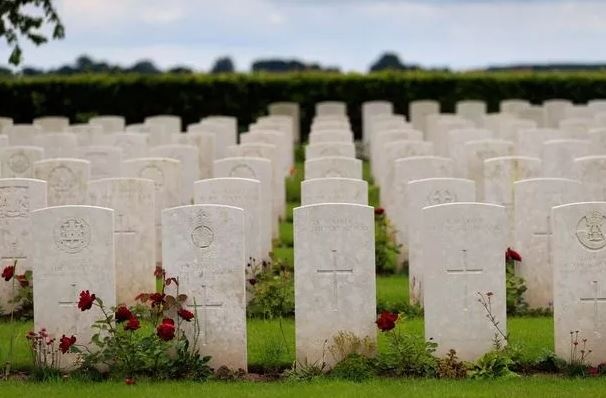French History Trip "... the School will always keep their memory green."
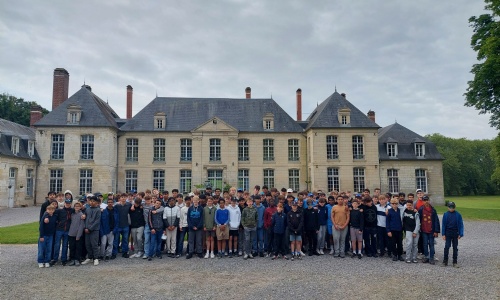
….. some have made the greatest sacrifice of all. They felt that their country called them, and they did not hesitate to answer the call. And while we deeply mourn their loss, the School will always keep their memory green, and when happier times come back again, the example of their self-sacrifice will still remain for all the succeeding generations who will receive their education within these walls.
Mr G.W Arnison
RGS Headmaster, 1915
The annual French History trip took place this weekend. Not only does it give the boys valuable knowledge about WWl and WWll, but they also visited the battlefields and memorials which made it all the more real. More so when visiting the graves of our OWs Frederick Youens VC and Capt. Henry Hamp Hill.
Capt. Henry Hamp Hill
Captain Hill was just 18 years when he died and was the youngest Captain in the British Army when he was promoted at the age of 18 in March 1915. The following is a copy of a letter to his father from Major Barker, commanding the 11th West Yorkshire Regiment:
Dear Sir,
It is with my deep regret that I write to inform you of the death of your gallant son, who was shot whilst in the trenches on 9th March 1916. The loss to the battalion is very great, and has been greatly felt by myself and the remainder of his brother officers. I have only been a short time in command of this battalion, but even in this short time I had been able to appreciate his capability and to recognise his loveable character. Your son was shot in the head, and although he lived for some hours he never regained consciousness: his death was quite painless. He was buried in the cemetery near Soucher, where he lies with many another fallen comrade. I fear that no words of mine can console you in your grief, but please believe that you have my deepest sympathy. He was a very gallant gentleman. God rest his soul.
Yours sincerely,
J. W.Baker (Major), 11th West Yorkshire Regt.
Frederick Youens VC
In July 1917, Frederick Youens was fatally wounded in Belgium, just one month before his 25th birthday. A High Wycombe boy, he had made his mark at RGS, acting in school plays, as a prefect and as a member of the Debating Society. Youens had wanted to be a teacher before the war, and had been offered a scholarship to Oxford University. The outbreak of WW1 would change that.
Although he had already been injured, Youens went to help organise a Lewis gun team that was in disarray. An enemy bomb fell on their position and, when it did not explode, he picked it up and threw it over the parapet away from the gun team. Another bomb fell almost immediately in the same place. Again, Youens picked it up in an attempt to save his comrades. Tragically, it exploded in his hand, fatally wounding him and some of those he had tried to save. His selfless courage rightly earned him the highest military honour, and a place in our own hall of fame.
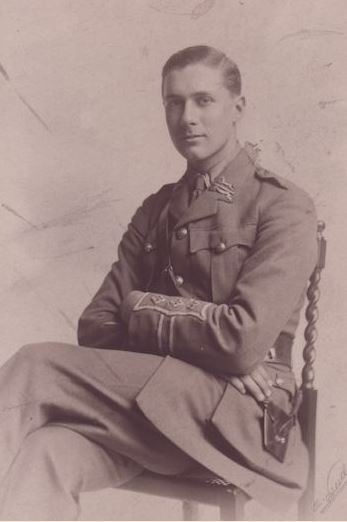
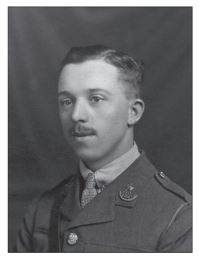
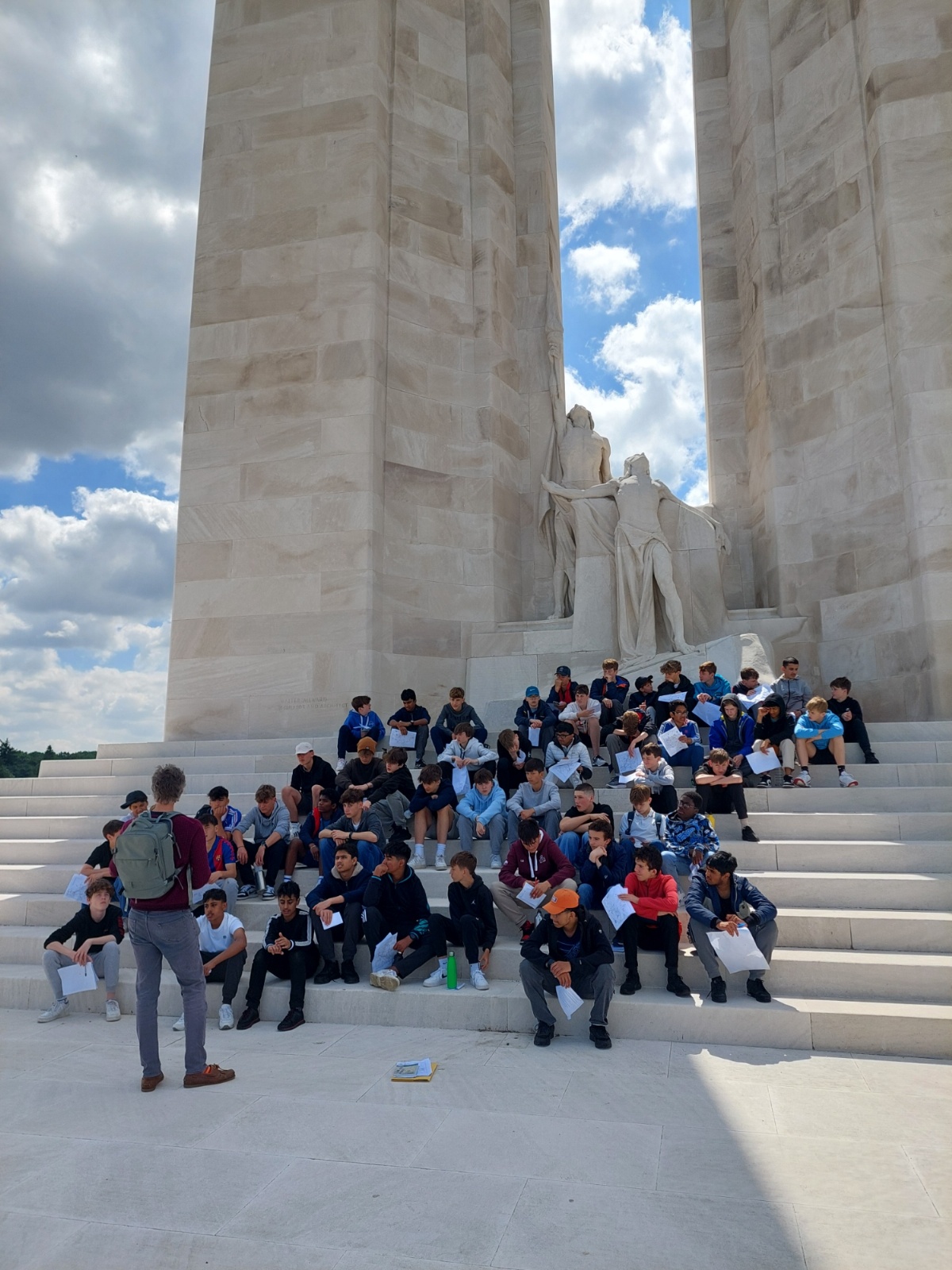
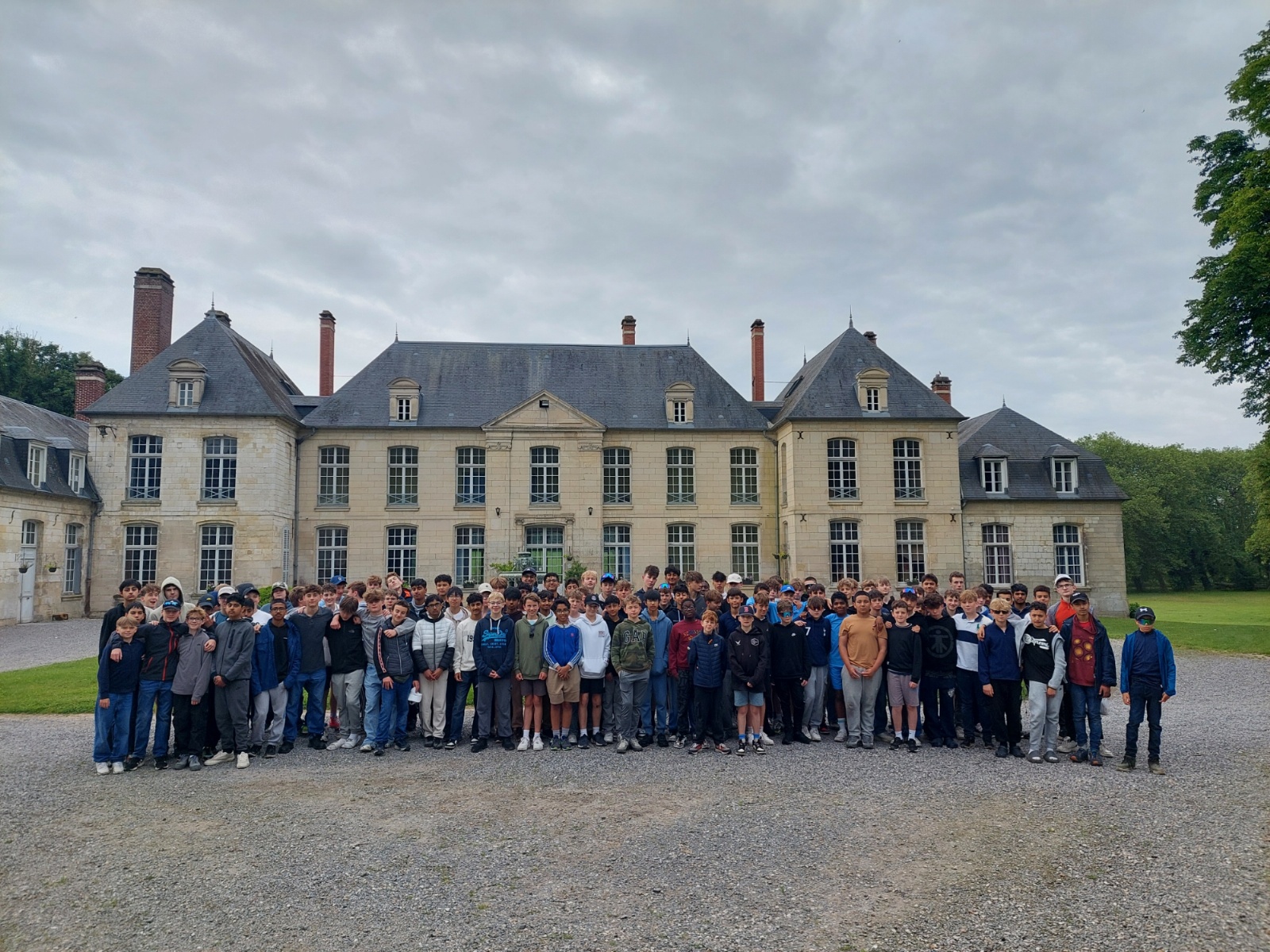
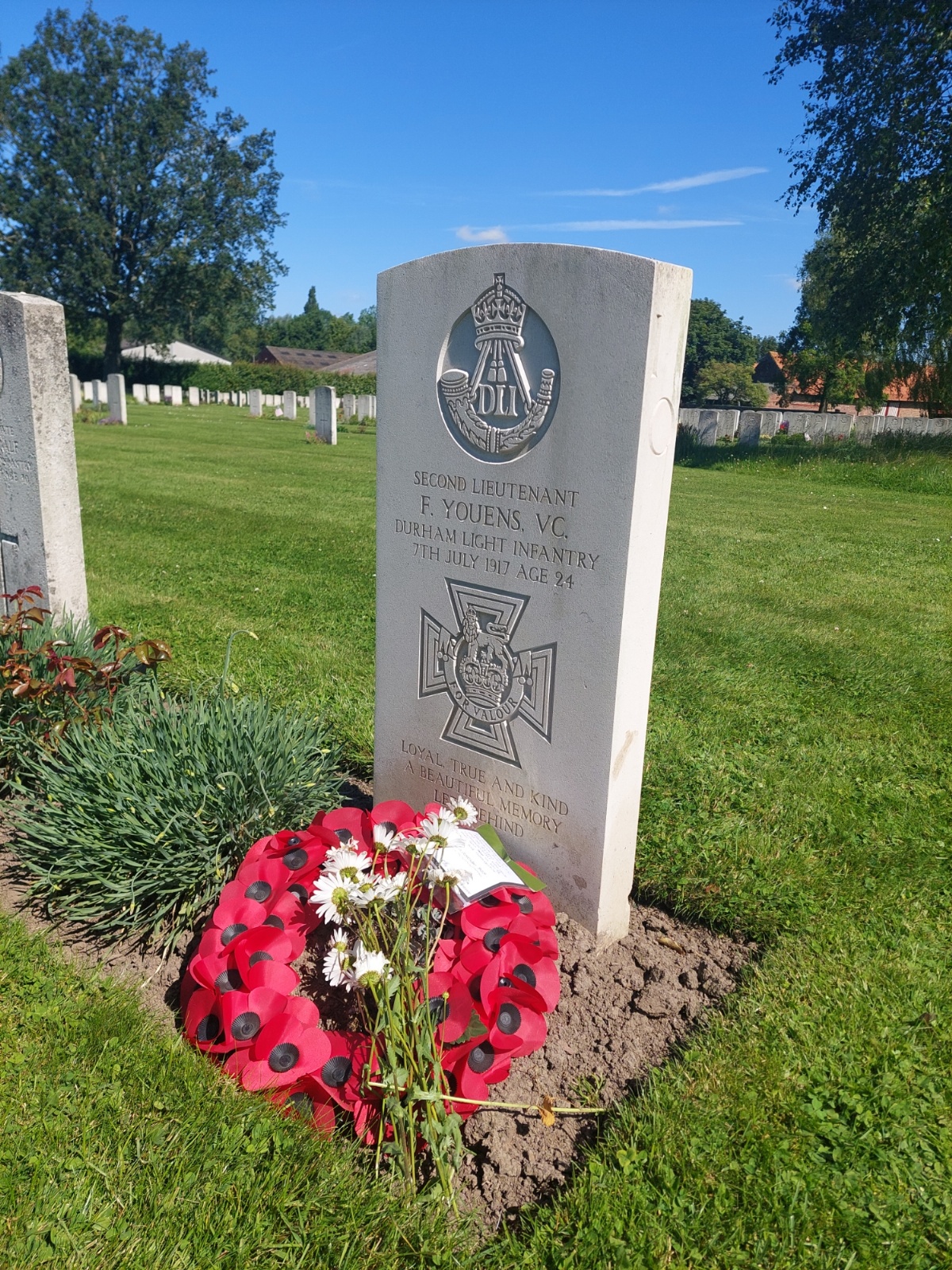

.jpg)
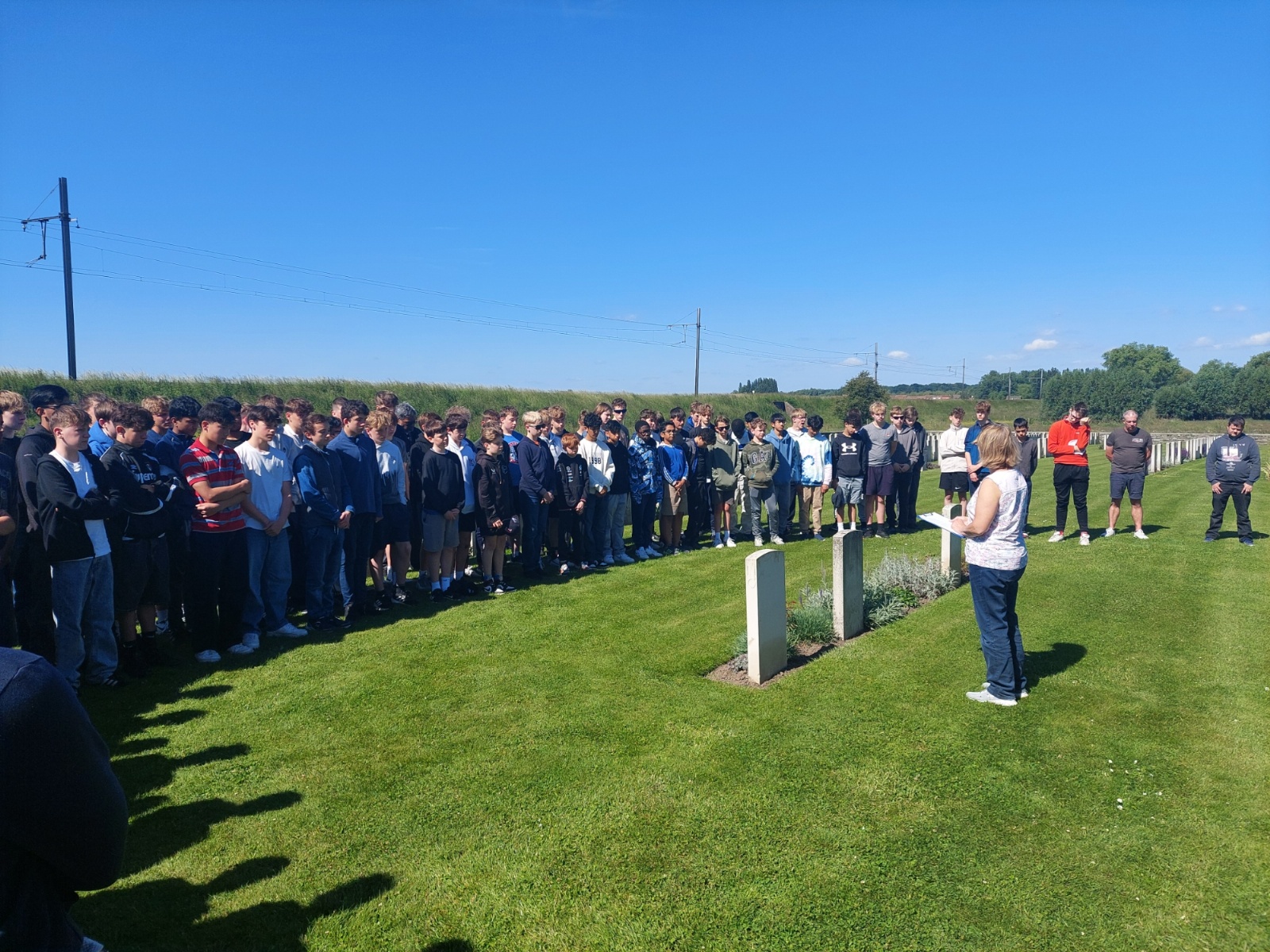
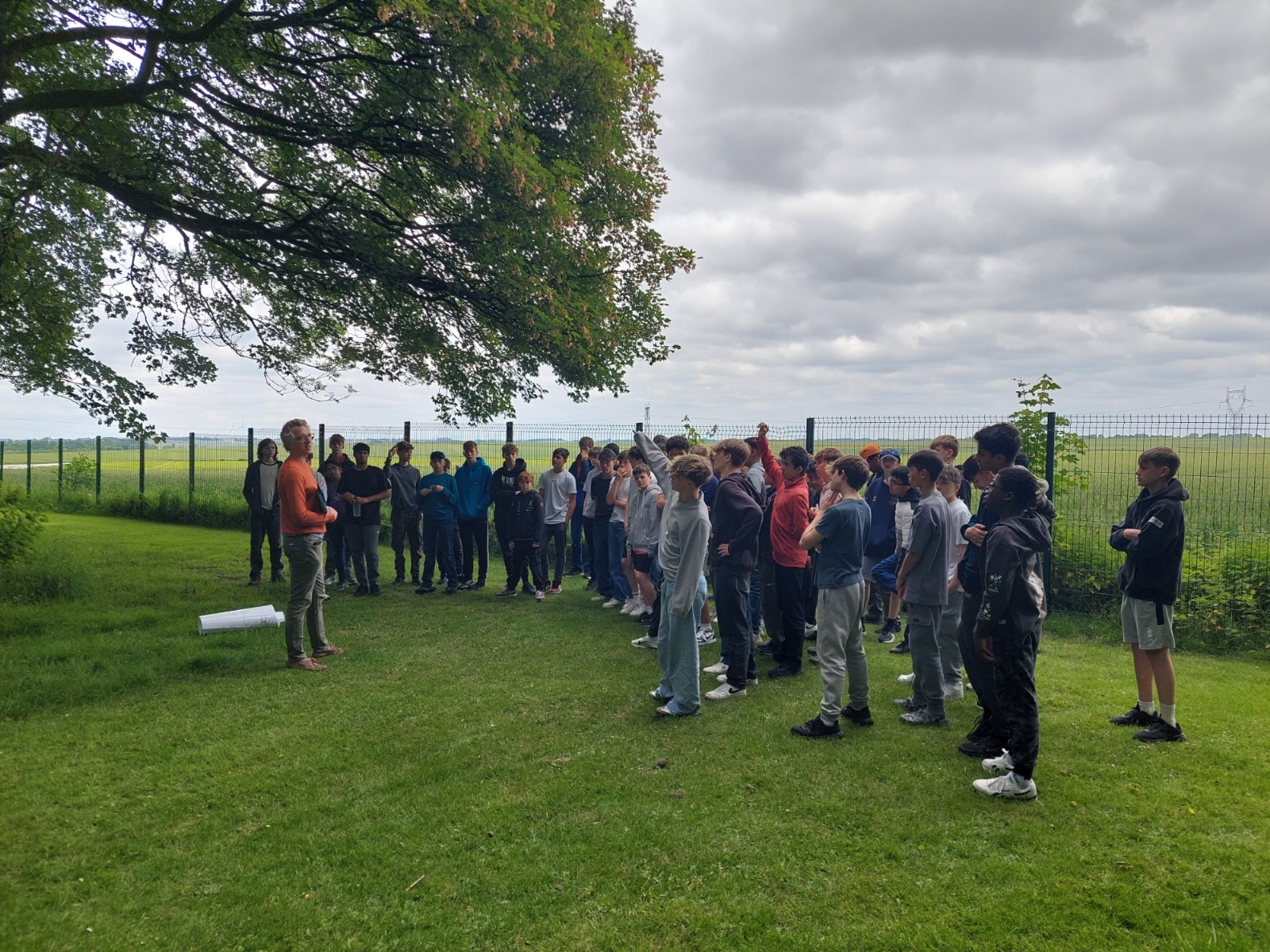
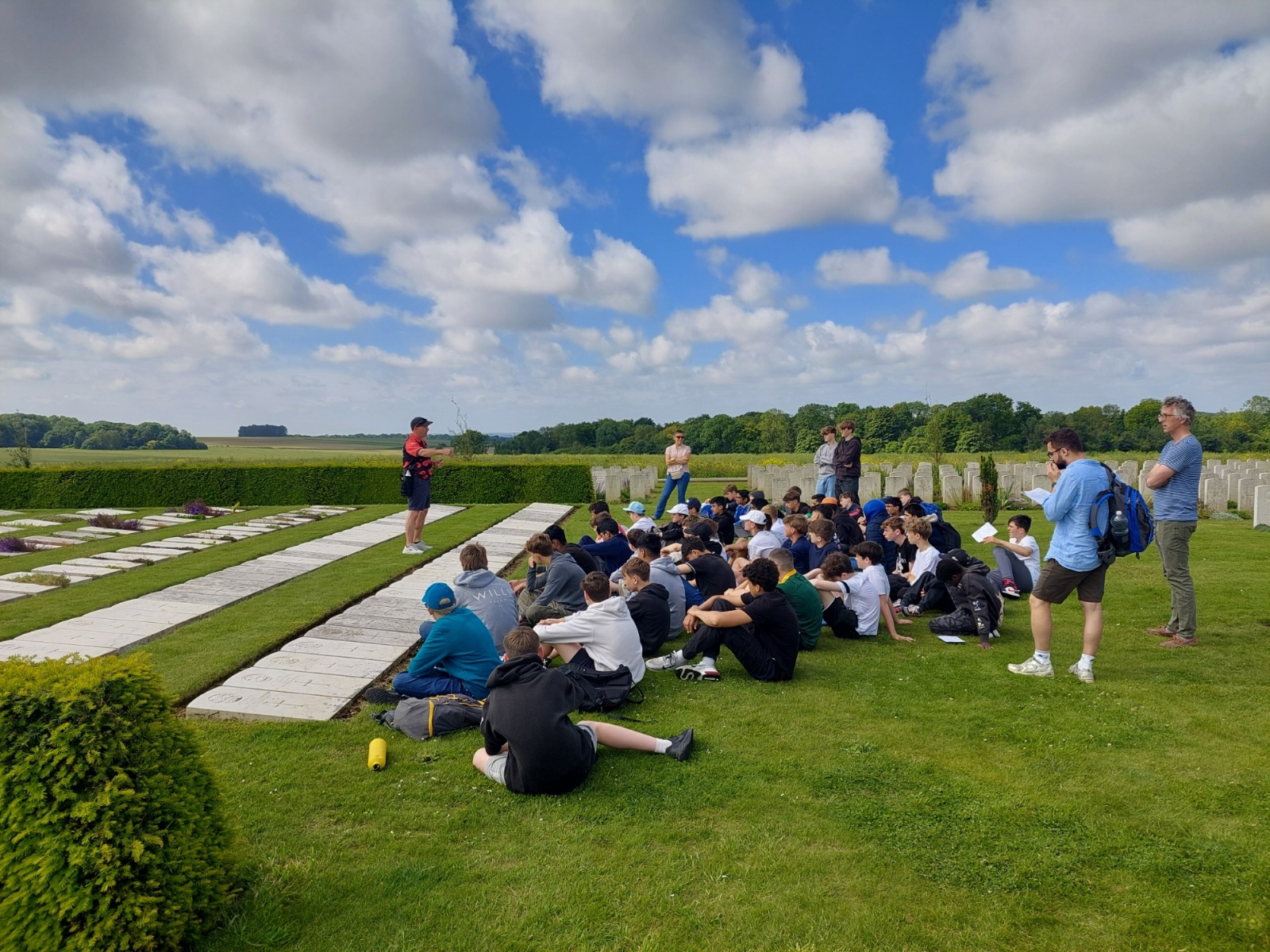
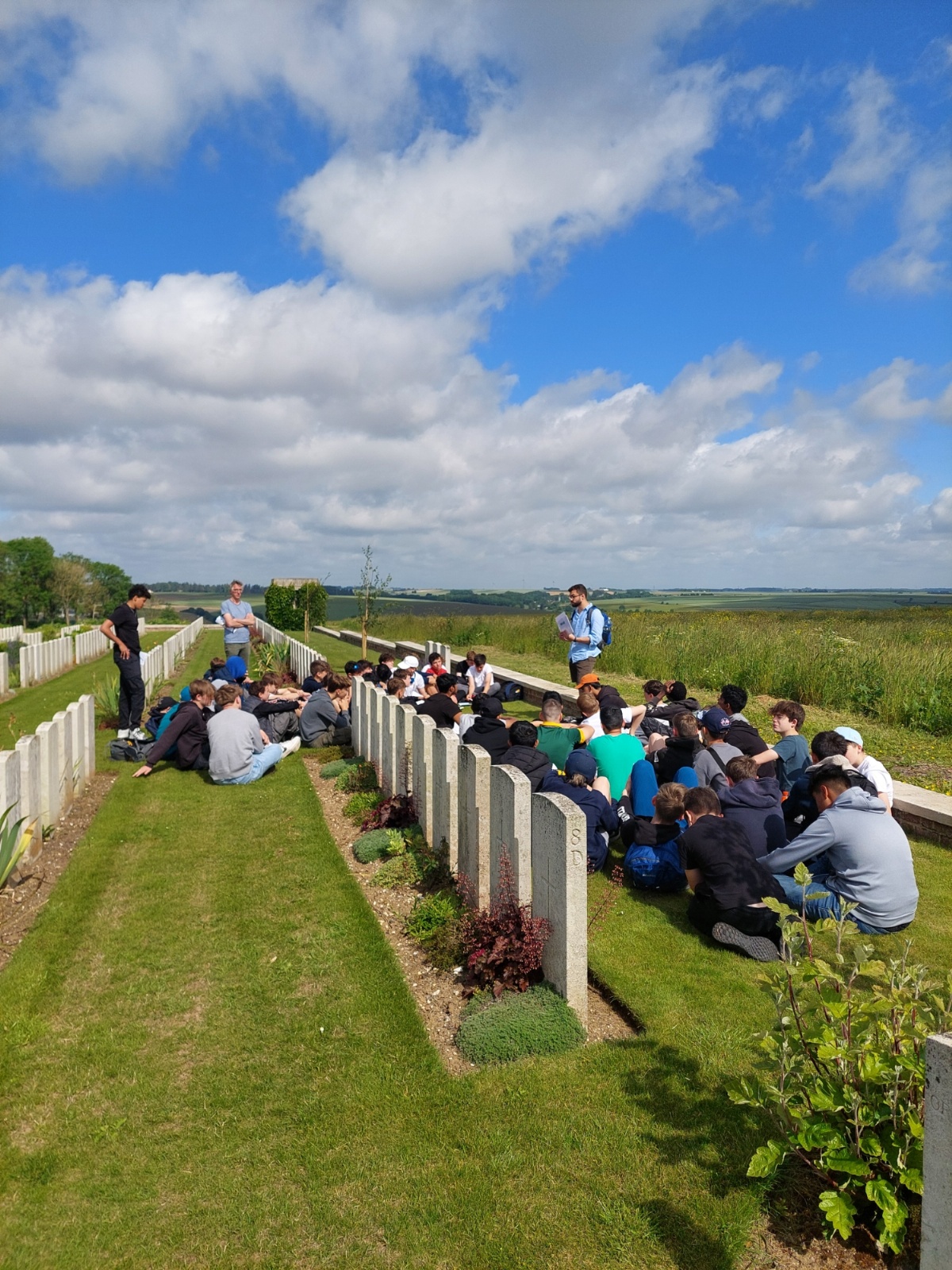
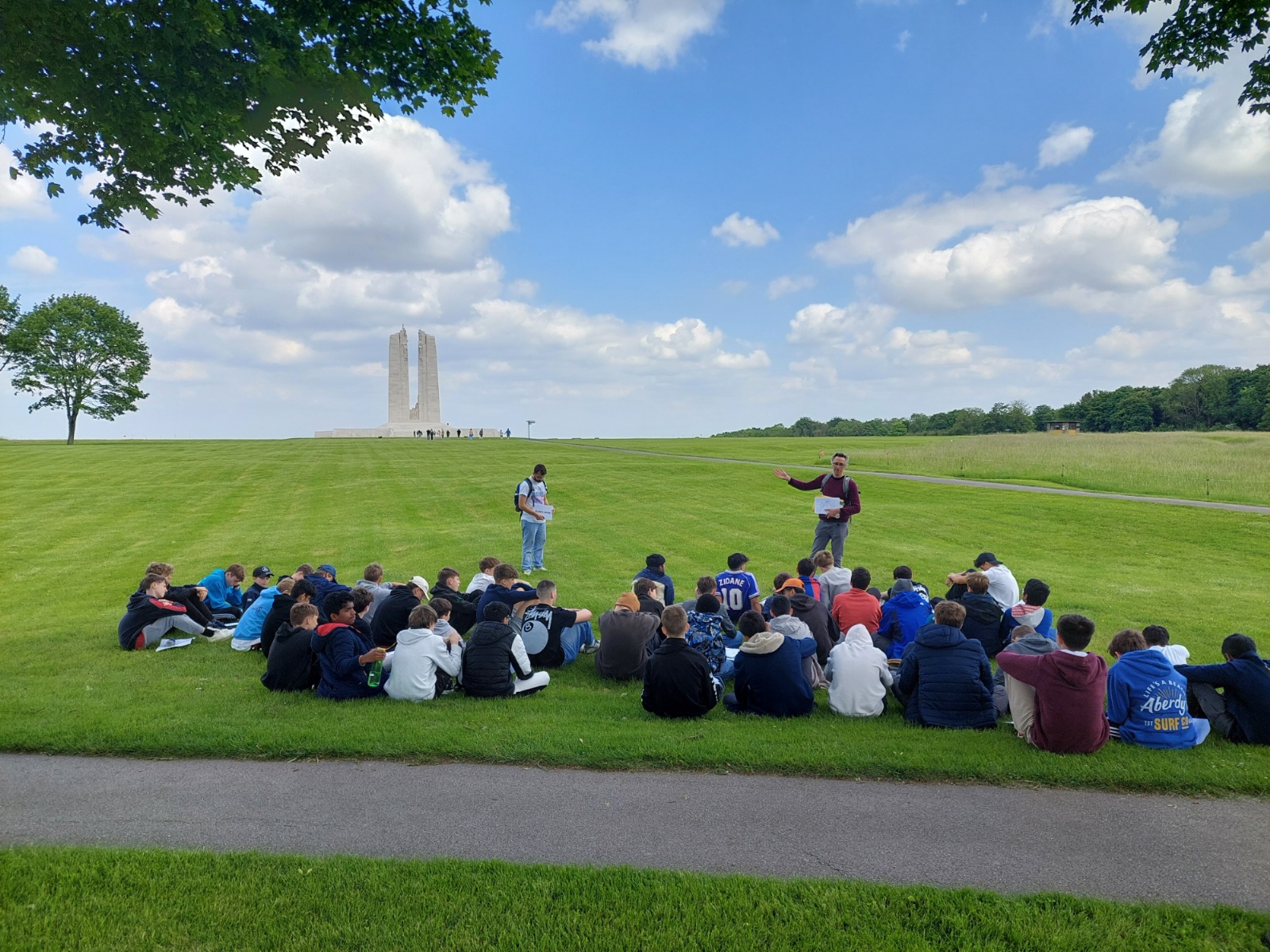
.jpg)
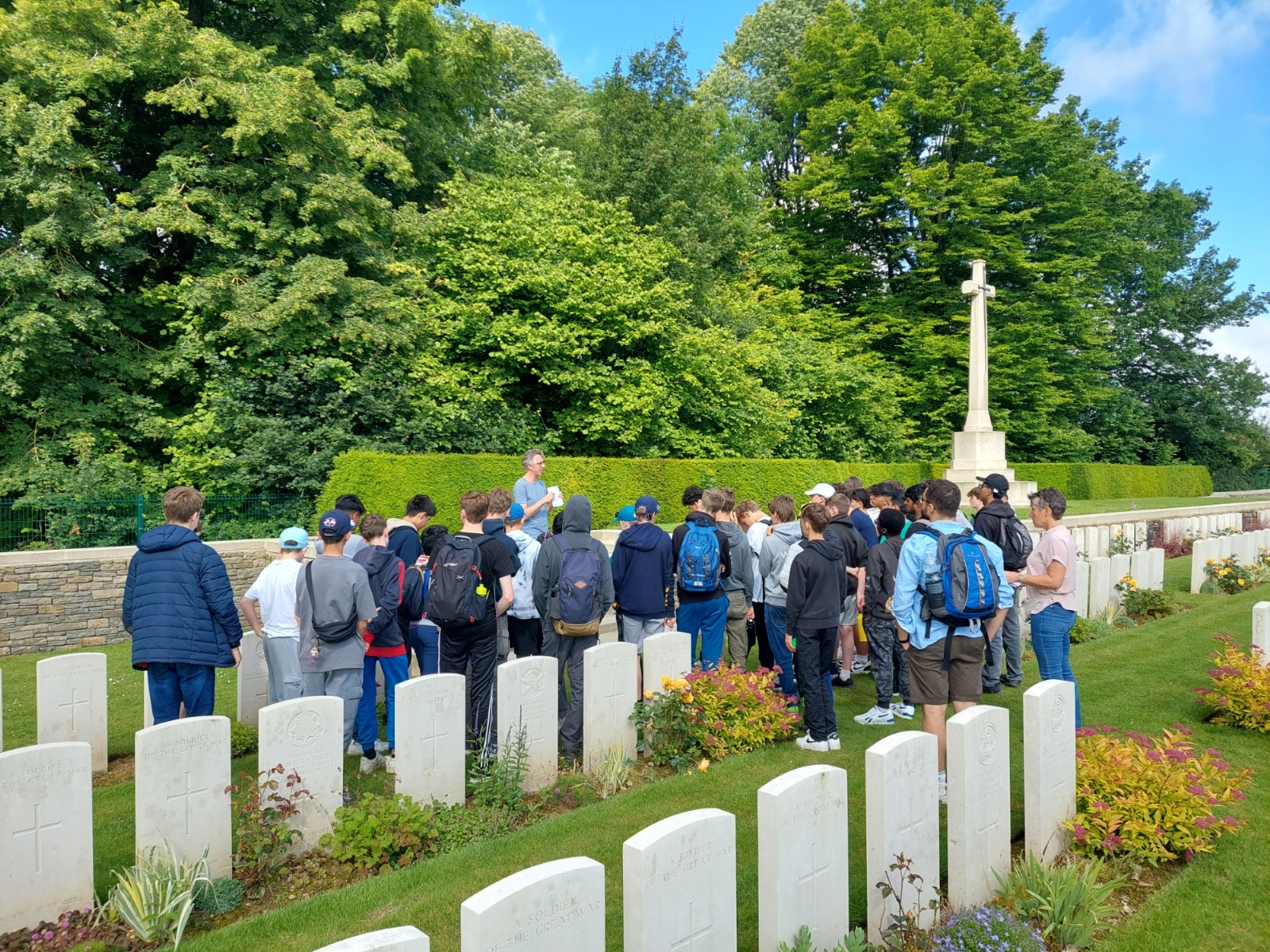
.jpg)
